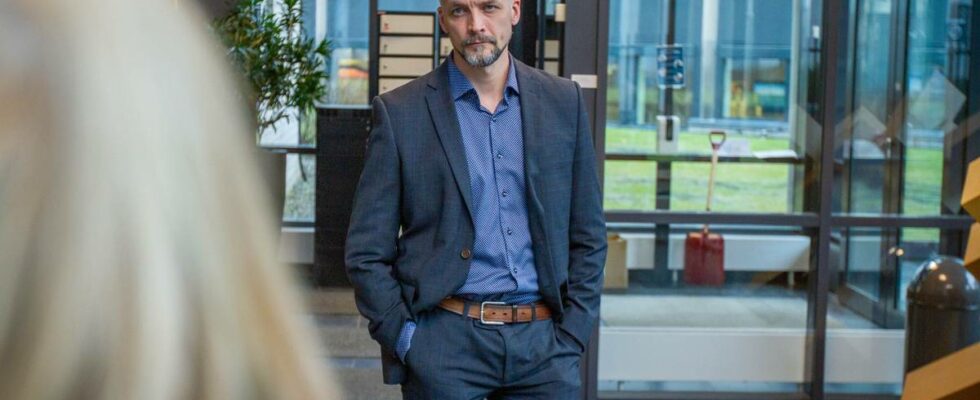On Monday 1 June, a Norwegian was arrested at Oslo Airport on his way home from a trip to China. The Norwegian Police Security Service (PST) has charged him with attempted gross intelligence activities for the benefit of China. He denies criminal guilt. As news has told, he was active in a local team in the Oslo Labor Party. There he was a deputy member of the board together with Foreign Minister Espen Barth Eide. The Norwegian accused of being a spy has visited many different environments. Now PST is issuing a reminder especially to Norwegian youth politicians. – Norway is a relatively safe society, but we know that we have other states’ intelligence services in Norway that work outside the rules we have – i.e. illegal intelligence. What one must be aware of is that these are present, and that it is something that may happen to other parties and politicians in the future as well. This is what Olav Rognlid, section leader for the protection of government officials in PST, tells news. – A kind of talent scouting Many of those who are today considered top politicians in Norway, or who sit in government, were once central youth politicians. Former prime minister, and now outgoing NATO chief, Jens Stoltenberg, was in his time the leader of the AUF. Jens Stoltenberg (left) was in his time AUF leader. Here together with US President Joe Biden. Photo: NATO Labor and Inclusion Minister Tonje Brenna (Ap) is a former secretary general of the AUF, and Finance Minister Trygve Slagsvold Vedum (Sp) has been the leader of the Senterungdommen. – You conduct a kind of talent scouting. Do you see individuals who can be interesting, who you see will grow up in the political environment and who you see will eventually gain a position, says Rognlid in PST. – So it might be worth investing a little in those services, he adds, but referring to foreign intelligence services. Forming big pictures Rognlid says one of the challenges with intelligence operations against politicians is that it is in the nature of politicians to share information and maintain a network. – I think one of the most important things is to be aware of what kind of information you share. And not least be aware that there may be individuals in the network, both digital and physical, who do not necessarily want to be there for you in a good way, but to use you to extract information for their own benefit. Many who currently sit in the Storting have been active in youth parties. Photo: Cornelius Poppe / NTB Rognlid says it can be difficult to discover that you are being deprived of information. – It can be small and large things, and it doesn’t have to be the large, graded pieces of information. If you have plenty of time, are there these small bits of information about political decision-making processes, what are the internal discussions, are there divisions or vulnerabilities to address? Then you form the slightly larger images over time, which in sum can be difficult to lose control of, says Rognlid. Close collaborator Eirik Løkke works as an adviser at the Civita think tank, and is educated in history, politics and law. – No matter how attentive you are as a politician, you may say something you shouldn’t in situations where you think you are safer than you really are. And you have to be aware of that, he says to news. Secretary General Jan Halvor Endrerud in AUF, here together with Storting President Masud Gharahkhani. Photo: William Jobling / news Secretary General Jan Halvor Endrerud in AUF says they have good cooperation with Norwegian security authorities. – We have dialogue with PST and the security services regularly about how we should behave as an organisation, and the danger signs we should look for. So I feel the state is on and watching what happens in youth policy, says Endrerud. Published 16.07.2024, at 09.50 Updated 16.07.2024, at 10.15
ttn-69
– Conducts a kind of talent scouting – news Norway – Overview of news from various parts of the country

